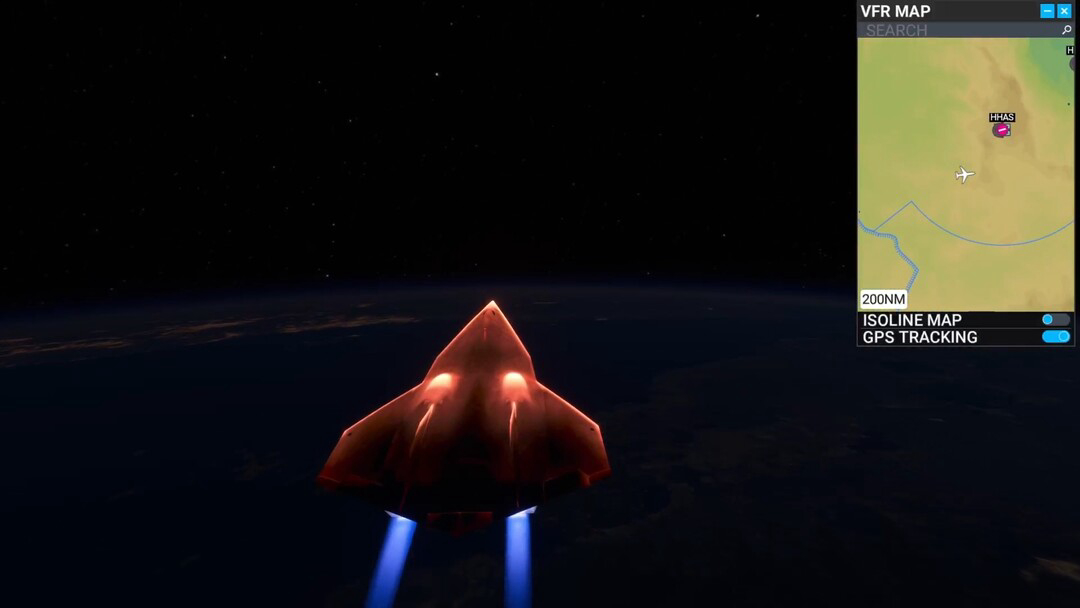Cellphone Tracking Laws and The Tracking Device Statute
페이지 정보
작성자 Angie 작성일25-09-22 13:17 조회8회 댓글0건관련링크
본문
Cellular phone monitoring has develop into a strong tool for ItagPro law enforcement and private entities alike. However, its use raises important privacy concerns and authorized challenges. Central to those discussions is the Tracking Device Statute under the Electronic Communications Privacy Act (ECPA). This text explores key authorized cases involving cell phone monitoring and the implications of the Tracking Device Statute. Enacted as a part of the ECPA in 1986, the Tracking Device Statute (18 U.S.C. § 3117) regulates using digital or mechanical devices to monitor individuals’ movements. The statute mandates that law enforcement acquire a warrant based on possible trigger before utilizing tracking gadgets. This requirement ensures judicial oversight and aims to protect individuals’ Fourth Amendment rights in opposition to unreasonable searches and seizures. One of the most significant Supreme Court instances concerning tracking and privacy is United States v. Jones. In this case, legislation enforcement officers placed a GPS device on Antoine Jones’s vehicle with out a legitimate warrant and tracked his movements for 28 days.

 The Supreme Court unanimously ruled that this motion constituted a search underneath the Fourth Amendment. Justice Scalia, writing for iTagPro geofencing the majority, emphasised that physically putting in the GPS gadget on the vehicle was a trespass and required a warrant. This case underscored the need for judicial oversight in the use of tracking know-how. In Carpenter v. United States, the Supreme Court addressed whether or not accessing historical cell phone location data required a warrant. The FBI had obtained a number of months’ value of location information from Timothy Carpenter’s cellphone supplier with no warrant, everyday tracker tool resulting in his conviction. The Court dominated in a 5-4 choice that accessing such detailed and lengthy-time period location data without a warrant violated Carpenter’s Fourth Amendment rights. This resolution significantly expanded privateness protections, recognizing the sensitivity of location information and the necessity of warrants to entry it. Although indirectly about tracking, United States v. Warshak is relevant as a consequence of its implications for ItagPro digital privateness. The Sixth Circuit Court of Appeals held that the government should get hold of a warrant to entry emails saved by an internet service provider, as people have a reasonable expectation of privacy in their email communications.
The Supreme Court unanimously ruled that this motion constituted a search underneath the Fourth Amendment. Justice Scalia, writing for iTagPro geofencing the majority, emphasised that physically putting in the GPS gadget on the vehicle was a trespass and required a warrant. This case underscored the need for judicial oversight in the use of tracking know-how. In Carpenter v. United States, the Supreme Court addressed whether or not accessing historical cell phone location data required a warrant. The FBI had obtained a number of months’ value of location information from Timothy Carpenter’s cellphone supplier with no warrant, everyday tracker tool resulting in his conviction. The Court dominated in a 5-4 choice that accessing such detailed and lengthy-time period location data without a warrant violated Carpenter’s Fourth Amendment rights. This resolution significantly expanded privateness protections, recognizing the sensitivity of location information and the necessity of warrants to entry it. Although indirectly about tracking, United States v. Warshak is relevant as a consequence of its implications for ItagPro digital privateness. The Sixth Circuit Court of Appeals held that the government should get hold of a warrant to entry emails saved by an internet service provider, as people have a reasonable expectation of privacy in their email communications.
This case influenced subsequent rulings on the expectation of privacy in digital information reminiscent of location data. The Tracking Device Statute, along with these landmark instances, units a legal framework for the use of tracking technologies. The statute’s requirement for warrants is essential for protecting individual privateness against intrusive surveillance. 1. Advancements in Technology: Modern tracking capabilities, akin to real-time cellphone location monitoring and subtle geolocation providers, test the boundaries of present laws. The legal system should adapt to deal with these developments while safeguarding privacy rights. 2. Balancing Security and Privacy: Law enforcement companies argue that monitoring applied sciences are essential for public safety and crime prevention. The authorized requirement for iTagPro warrants seeks to balance these wants with the safety of civil liberties. 3. Private Sector Tracking: While the Tracking Device Statute primarily addresses legislation enforcement, iTagPro key finder the proliferation of tracking by private corporations for advertising and knowledge assortment raises additional privacy issues.
Legislation and court docket rulings proceed to grapple with regulating these practices. The evolving landscape of digital privacy and monitoring know-how requires ongoing legal scrutiny and potential legislative updates. Enhanced Privacy Legislation: ItagPro In response to rising privateness considerations, lawmakers at both the federal and state levels are considering stronger rules to guard personal knowledge and restrict unauthorized monitoring. Judicial Interpretation: Courts will continue to play a pivotal function in decoding the appliance of the Fourth Amendment to new applied sciences, setting precedents that influence privacy protections. Public Awareness and Advocacy: affordable item tracker Increased public awareness and advocacy for iTagPro digital privateness can drive policy modifications and make sure that individuals’ rights are protected in the digital age. The Tracking Device Statute underneath the ECPA, coupled with landmark legal cases, establishes crucial protections in opposition to unwarranted surveillance. As technology advances, iTagPro product sustaining a balance between the benefits of monitoring for safety functions and the imperative to protect individual privateness stays a complex but essential endeavor. Through considerate legislation, judicial oversight, ItagPro and public engagement, the authorized framework can evolve to deal with the challenges and alternatives of the digital period. Please don’t hesitate to contact our regulation firm to talk with a professional internet and know-how attorney about your authorized rights.
댓글목록
등록된 댓글이 없습니다.